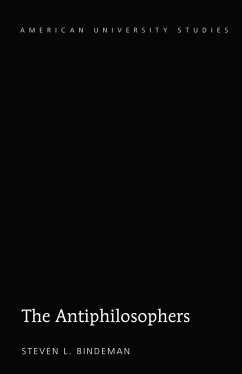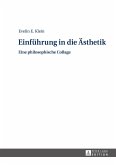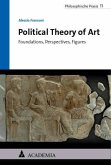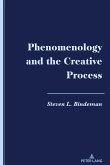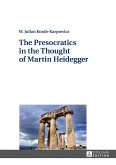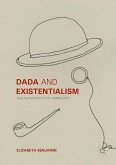In this volume, author Steven L. Bindeman presents a survey of the key figures in postmodern antiphilosophy. Noting that the main thrust of their work can be found in their need to respond to the threat of nihilism, he is guided by the question, if the path to abstract truth is no longer viable, what then? He shows how the antiphilosophers turn their focus on the complexity of lived experience in place of the search for certainty, which was in their view what previously had guided the dominating discourse of the modernist philosophical tradition. Through close examination of a broad variety of texts, Bindeman illuminates how the antiphilosophers initiate a new way of doing philosophy, one which prefers to examine the question, Does it work? instead of, Is it true? Moreover, Bindeman demonstrates how the antiphilosophers are united in questioning the centrality of the great cornerstones of western metaphysics - time, self, universe, and God - because of their insistence that thereis no way to reach beyond any of these words to the actual things to which they refer.
Utilizing the exposed, significant fault in the foundation of all philosophical systems, The Antiphilosophers delivers new insight concerning the issue of how we should relate to the resultant chaos. Written with a rare combination of philosophical rigor and clarity of expression, Bindeman's work will be of interest to students and scholars of postmodern philosophy.
Utilizing the exposed, significant fault in the foundation of all philosophical systems, The Antiphilosophers delivers new insight concerning the issue of how we should relate to the resultant chaos. Written with a rare combination of philosophical rigor and clarity of expression, Bindeman's work will be of interest to students and scholars of postmodern philosophy.
«Steven L. Bindeman's thoughtful presentation of the antiphilosophers is a must read for all who care about thinking. Philosophy shows us how to think. But what if philosophy gets complacent with a certain set way of thinking? The antiphilosophers can set our thinking free.»
(Louise Sundararajan, Fellow of the American Psychological Association; Past President of the Society for Humanistic Psychology)
«I do not envy the author the labor of research he had to undergo into these anti-philosophers since each in his own way seeks to transcend language, rationality, and common sense and is thus purposefully obscurantist. But Steven L. Bindeman's erudition and articulation has done the impossible by making sense of these original thinkers by exploring their purposes within their various cultural and personal contexts. I gained insight where I had only guesswork before, so I must highly recommend this fine book, especially as a highly readable 'guide to the perplexed.'»
(Gregory Michael Nixon, Professor of Educational Studies,
University of Northern British Columbia)
(Louise Sundararajan, Fellow of the American Psychological Association; Past President of the Society for Humanistic Psychology)
«I do not envy the author the labor of research he had to undergo into these anti-philosophers since each in his own way seeks to transcend language, rationality, and common sense and is thus purposefully obscurantist. But Steven L. Bindeman's erudition and articulation has done the impossible by making sense of these original thinkers by exploring their purposes within their various cultural and personal contexts. I gained insight where I had only guesswork before, so I must highly recommend this fine book, especially as a highly readable 'guide to the perplexed.'»
(Gregory Michael Nixon, Professor of Educational Studies,
University of Northern British Columbia)

